Keywords: Five Billion Years
-
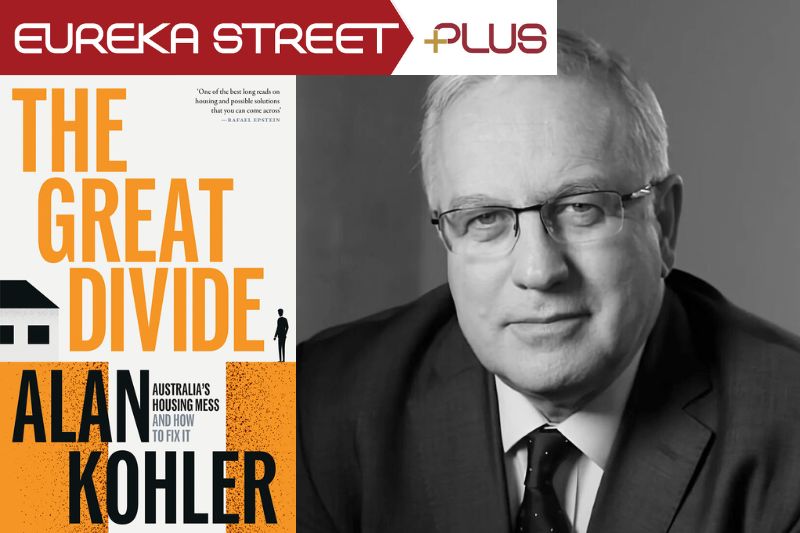
AUSTRALIA
- David Halliday
- 08 November 2024
As house prices soar, half the nation finds itself locked out of the property market. In conversation with Eureka Street, Alan Kohler untangles the web of tax incentives, population pressures, and government policies fueling the housing crisis to discover why, despite public outcry, solutions remain frustratingly out of reach.
READ MORE 
-

AUSTRALIA
- Joseph Camilleri
- 28 August 2024
3 Comments
As Australia faces numerous moral crises from domestic inequality to global militarization, a proposed national charter of principles could to reshape our society and redefine our global role. This declaration would acknowledge Indigenous dispossession, prioritize human rights, and shift focus from military alliances to human security.
READ MORE
-
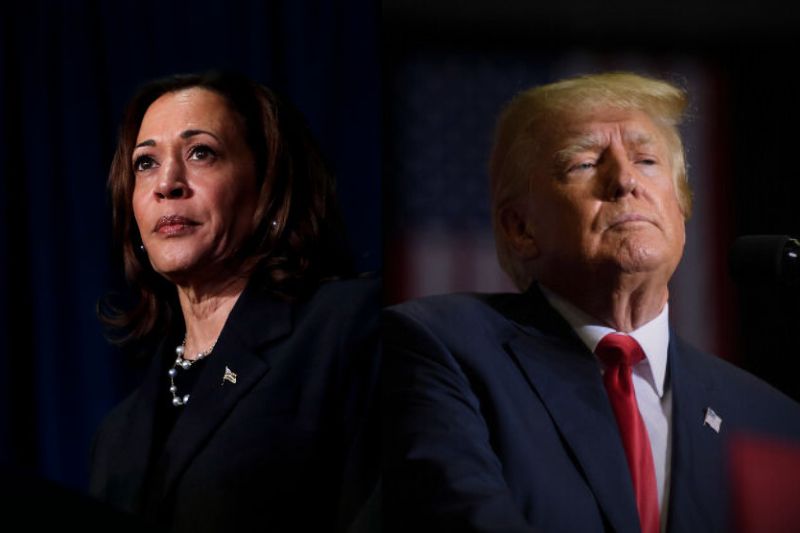
INTERNATIONAL
- James Massola
- 31 July 2024
3 Comments
The November election is shaping up to be a pivotal moment for Australia. With either Kamala Harris or Donald Trump at the helm of the United States, Australia could be affected in unexpected ways, from how we deal with China to trade policies and our relationships in the Asia-Pacific region.
READ MORE
-
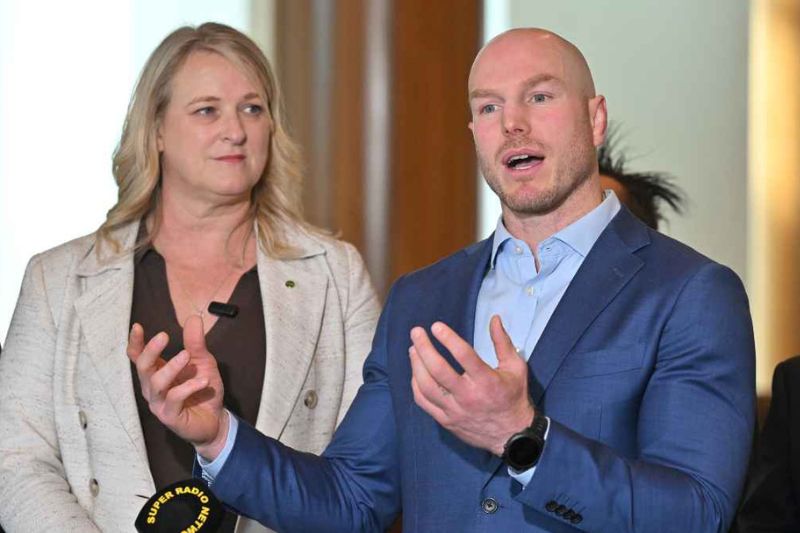
AUSTRALIA
With homelessness rising and housing affordability plummeting, Independents propose a radical solution: a National Housing Plan. In challenging both major parties, can they create a system that provides a roof over the heads of all Australians?
READ MORE
-
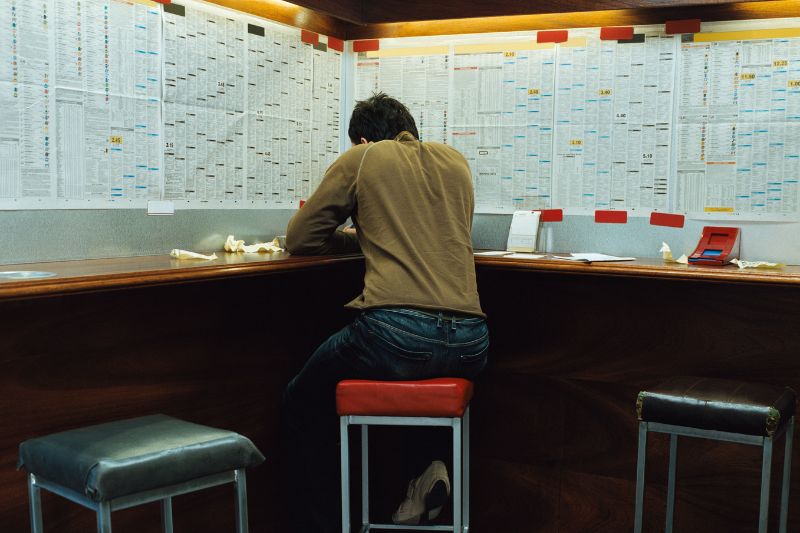
AUSTRALIA
- Tim Costello
- 26 June 2024
2 Comments
Gambling is now so entrenched in the AFL and NFL it is changing the way people, especially young people, follow sport. With former AFL chief Gillon McLachlan set to become CEO at Tabcorp, we should consider the profound impact of gambling on Australian society.
READ MORE
-

AUSTRALIA
- Peter Mares
- 12 April 2024
1 Comment
The ABC’s recent Q+A housing special left many questions unasked and unanswered. Labor, Coalition and Green MPs all say they want more people to be able to buy their own homes. The most obvious way to achieve that would be to reduce the price of housing. Yet no politician will make that an explicit policy aim.
READ MORE 
-
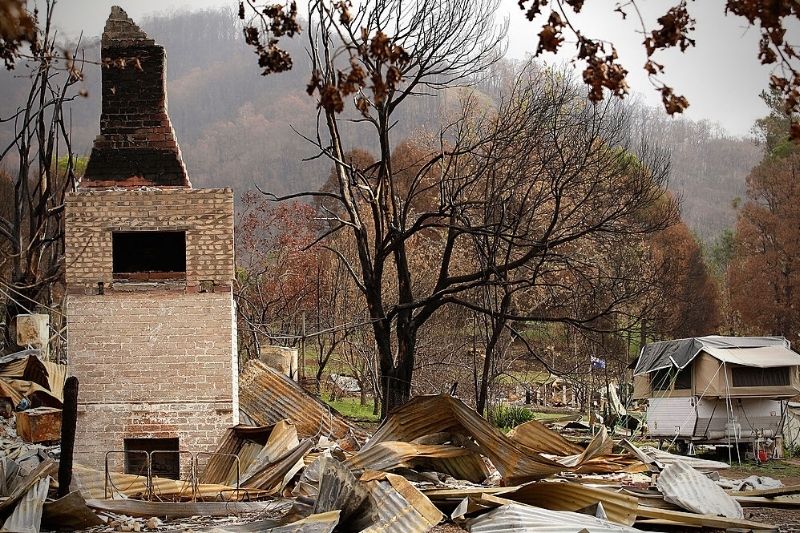
AUSTRALIA
- Barry Gittins
- 26 February 2024
February marks 15 years since the Black Saturday fires in Victoria when some 400 fires raced through 78 locations, taking 173 lives, injuring hundreds more, destroying more than 2,020 homes and the entire township of Marysville. In a warming climate, that reality of loss is likely to be repeated ad infinitum.
READ MORE
-

ECONOMICS
- David James
- 20 February 2024
3 Comments
What does it mean when ideas of scarcity – supposedly the driving principle in understanding supply and demand – are no longer the only or best way to think about economic activity? What is needed to understand the post-industrial environment is a new way of thinking about economics and finance.
READ MORE
-

AUSTRALIA
- Max Jeganathan
- 24 January 2024
2 Comments
Even the best forecasting gets it wrong, and every year has its own 'Black Swan' events, characterised by their unpredictability and impact. They remind us that the future is unpredictable, perpetually lurching between prediction and confusion.
READ MORE
-

AUSTRALIA
- David Halliday, Michael McVeigh, Laura Kings, Michele Frankeni, Andrew Hamilton, Julian Butler
- 21 December 2023
10 Comments
To close the year for Eureka Street, the editorial team wanted to nominate who we considered to be the Eureka Street ‘person of the year’ based on this year's newsmakers.
READ MORE
-
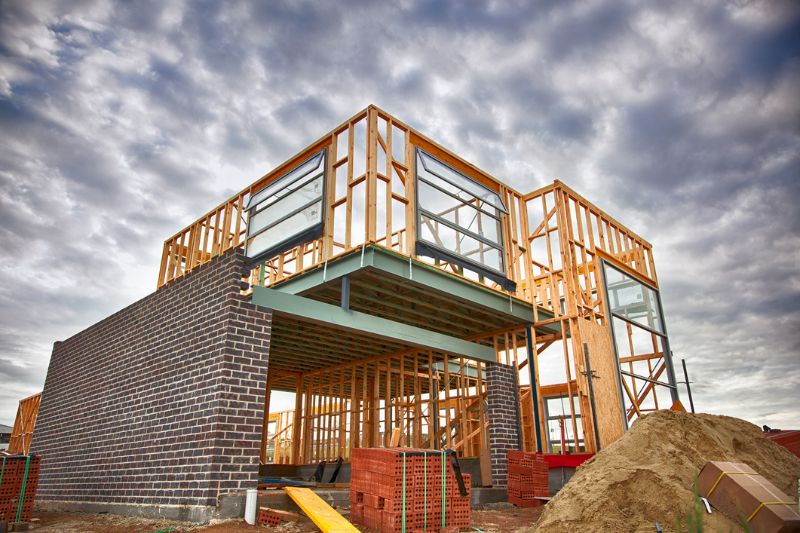
AUSTRALIA
- Peter Mares
- 21 September 2023
2 Comments
Will the Housing Australia Future Fund make a dent on Australia’s housing crisis? After a political tug-of-war, the government's ambitious $10 billion Housing Australia Future Fund (HAFF) has passed parliament, promising tens of thousands of new homes. But with over 170,000 households on social housing waiting lists and a skyrocketing rental market, the question remains: is the HAFF enough?
READ MORE
-

AUSTRALIA
- John Falzon
- 21 September 2023
3 Comments
In the face of Australia's pressing housing crisis, is the solution merely a question of funds, or does it demand a deeper overhaul? Many are calling for a transformed government role, one that abandons the shackles of neoliberalism, prioritises social infrastructure, and champions the collective good over select interests.
READ MORE